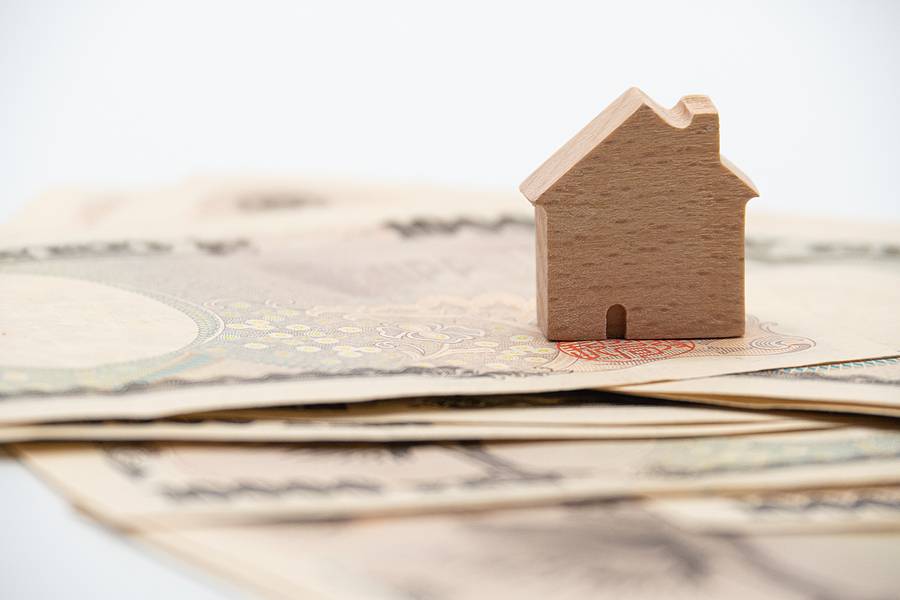 Posted on: 23 June 2025
Posted on: 23 June 2025
Is Japan Real Estate Still a Smart Investment in 2025?
Japan’s property market has long been a point of fascination for international investors, especially in Singapore. From bustling Tokyo skyscrapers to serene Kyoto villas, the country’s real estate offerings cater to a wide spectrum of preferences and strategies. But as we settle into 2025, questions naturally arise—does Japan real estate still offer smart investment opportunities, or have shifting economic trends dulled its shine?
Market resilience despite global uncertainty
Japan’s real estate market has demonstrated a remarkable ability to remain steady amid global volatility. While some international markets experienced sharp downturns due to inflation, interest rate hikes, and geopolitical instability, Japan maintained relative stability. This can be largely attributed to the country’s historically low interest rates, favourable loan terms, and consistent demand in urban centres such as Tokyo, Osaka, and Yokohama.
Investors seeking a hedge against inflation often find reassurance in Japan’s stable monetary policy. Even as the Bank of Japan cautiously shifts towards tightening, it has not implemented drastic changes that would significantly disrupt mortgage lending or housing demand. This predictability offers comfort to those considering buying house in Tokyo as investment for long-term growth.
Urban demand remains strong
The appeal of Japan’s major cities continues to fuel demand across the residential, commercial, and hospitality sectors. Tokyo remains the epicentre of activity, with high occupancy rates in both residential and office spaces. With the country fully reopened to international travel and tourism recovering steadily, short-term rental properties are again proving profitable.
Remote work trends, which initially prompted some residents to move out of cities, have stabilised. Many professionals have returned to metropolitan areas for hybrid work models, reigniting urban housing demand. This presents opportunities for investors to tap into high-yield rental income, particularly in well-connected neighbourhoods.
Rising interest from foreign investors
Over the past few years, the yen’s relative weakness has made Japanese properties especially attractive to overseas buyers. Investors from neighbouring countries like Singapore, Hong Kong, and Taiwan, as well as Western nations, have actively entered the market, seeking value in both residential and commercial sectors.
For foreigner buying property in Japan, the market remains accessible, with minimal restrictions on property ownership. This openness, combined with the country's transparent legal framework and reliable infrastructure, contributes to sustained investor confidence.
Additionally, Japanese developers and agents, such as JP Homes, offer bilingual support and services tailored to international buyers, making the acquisition and management process straightforward.
Challenges to watch in 2025
Despite its strengths, the Japanese property market is not without challenges. One persistent concern is the country’s ageing population and declining birth rate. These demographic shifts are particularly felt in rural and regional areas, where property values have stagnated or declined due to depopulation.
That said, these issues are largely localised. Urban centres remain vibrant and continue to attract both domestic and international populations. The government has also rolled out initiatives to revitalise smaller towns, creating niche investment opportunities for those willing to take on more risk.
Another factor to consider is the potential for regulatory changes. With increased attention on housing affordability and international speculation, there may be future policy shifts aimed at stabilising prices or limiting foreign ownership in certain zones. While nothing concrete has been proposed as of 2025, investors should remain alert to any such developments.
Sustainability and smart buildings on the rise
One notable trend reshaping Japan’s real estate sector is the increasing focus on sustainability. Green buildings, energy-efficient housing, and smart technology integration are becoming standard expectations among renters and buyers alike.
Developers are responding by constructing environmentally friendly buildings equipped with advanced technology to optimise energy consumption. These future-proof properties are attracting tenants and offering higher returns for investors. As ESG (Environmental, Social, and Governance) principles become more influential in investment decisions, these features may become essential rather than optional.
Regional opportunities beyond Tokyo
While Tokyo dominates headlines, several other cities present promising investment opportunities. Osaka’s preparations for Expo 2025 have sparked a surge in infrastructure and development, making it an attractive prospect for those seeking mid-term gains. Each offers unique cultural and economic dynamics that could appeal to niche segments of the property market.
Conclusion
As 2025 progresses, Japan continues to stand out as a smart destination for real estate investment. Stable economic fundamentals, enduring demand in urban centres, and growing foreign interest all suggest that the country’s property market remains robust. While regional disparities and demographic issues require careful navigation, the overall outlook is positive—especially for investors with a long-term perspective.
For those considering a strategic move into Japan’s real estate landscape, working with a trusted partner like JP Homes can make all the difference. With in-depth market knowledge and tailored support for international buyers, JP Homes offers the expertise needed to turn real estate goals into reality.